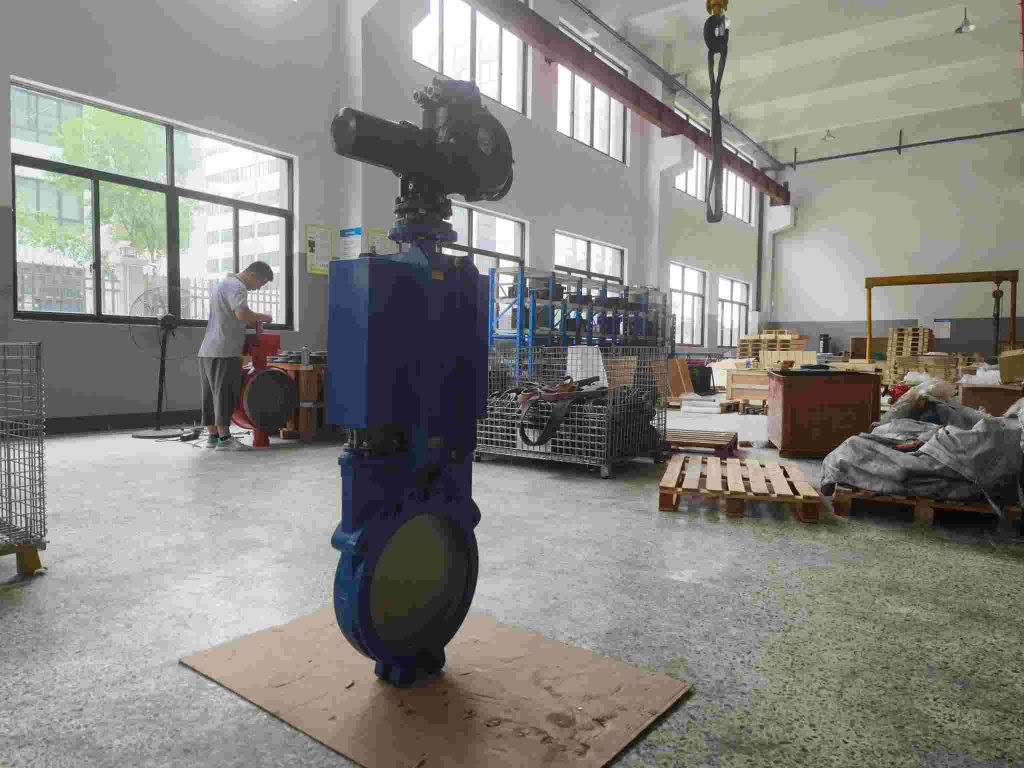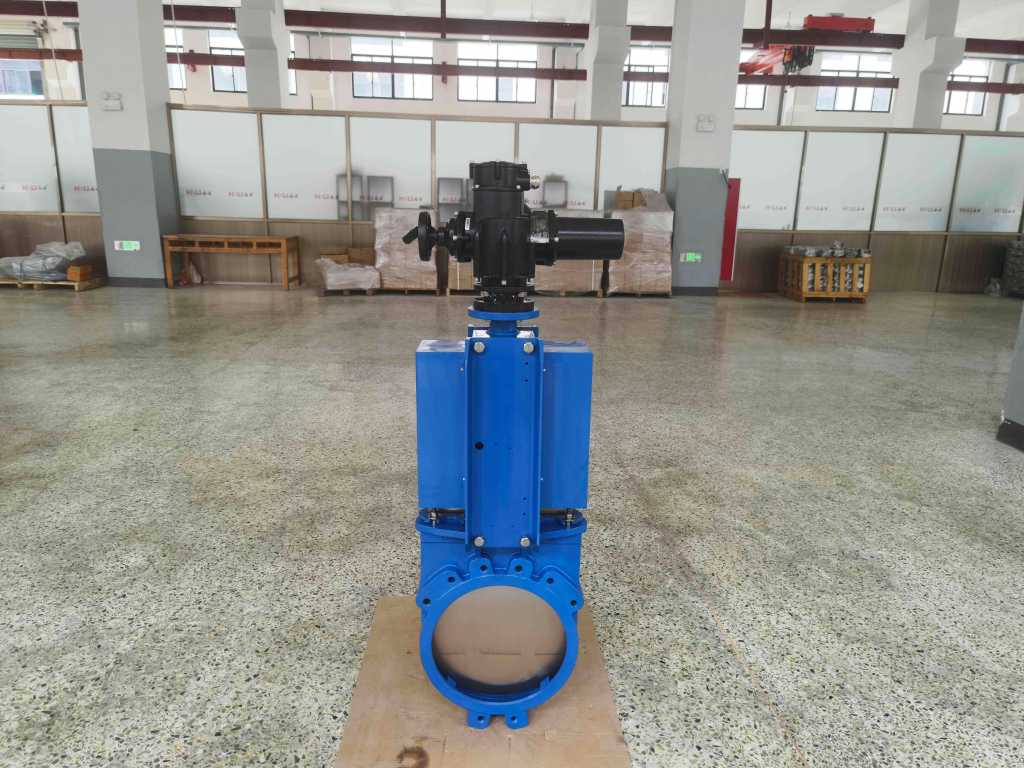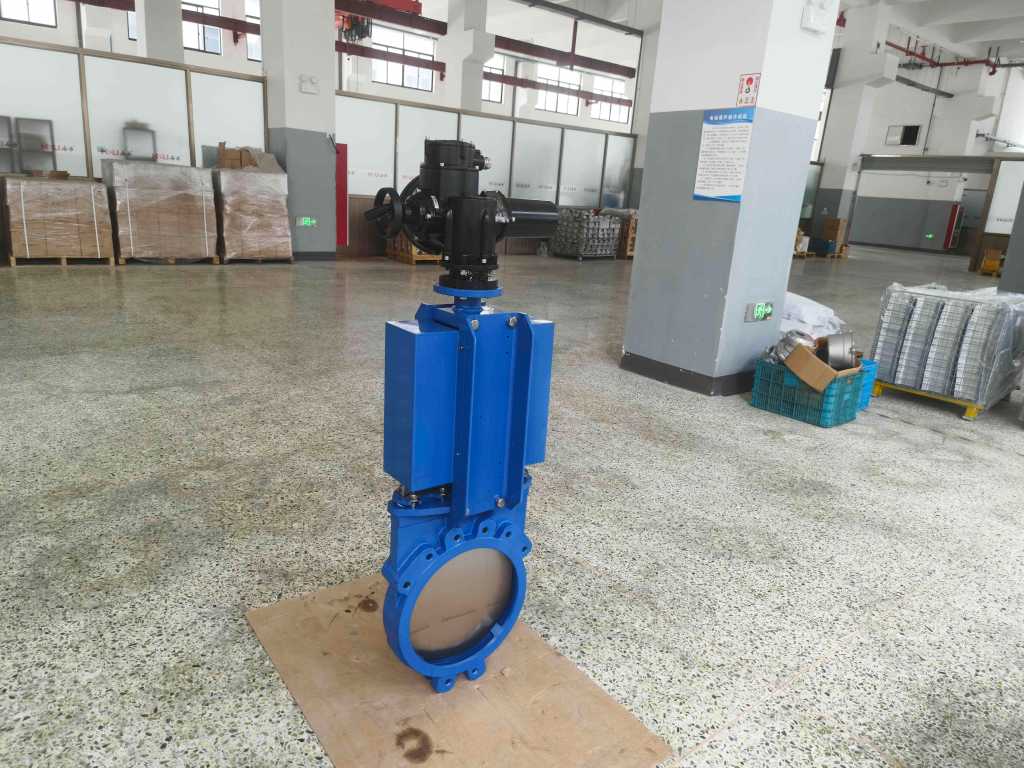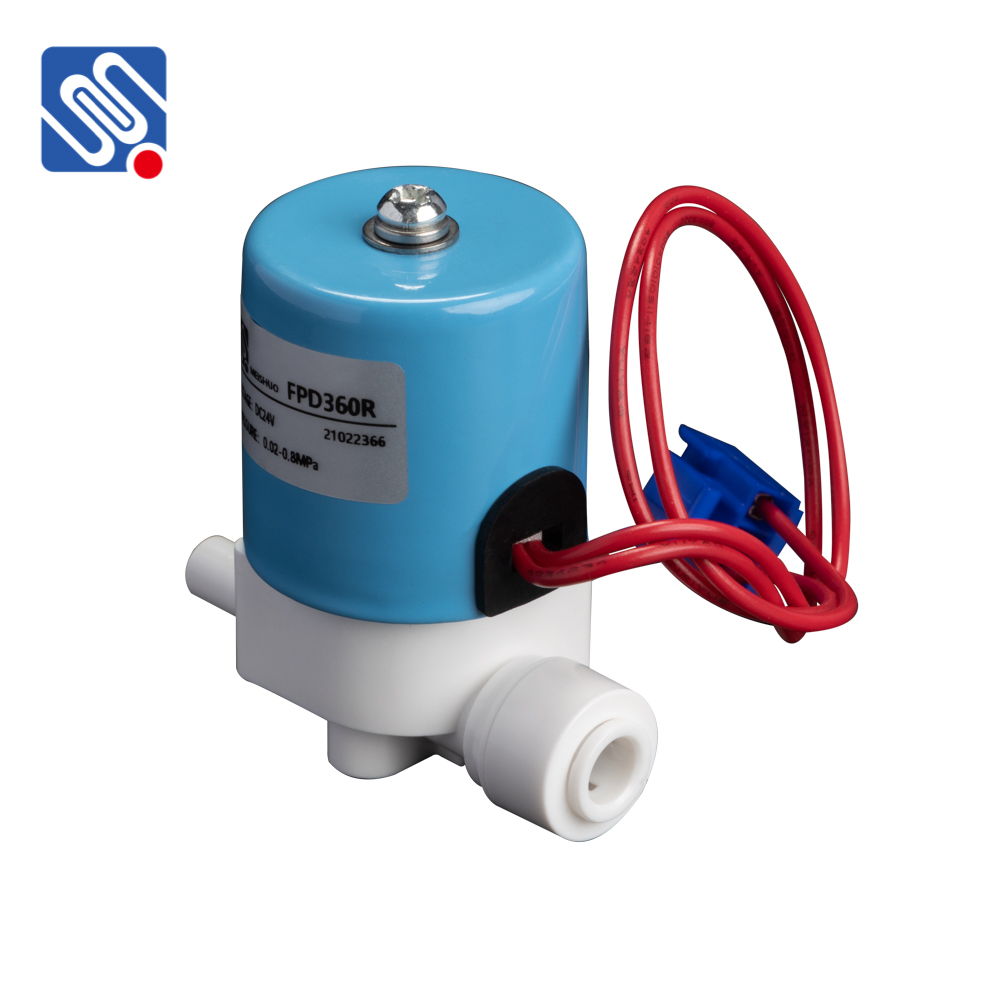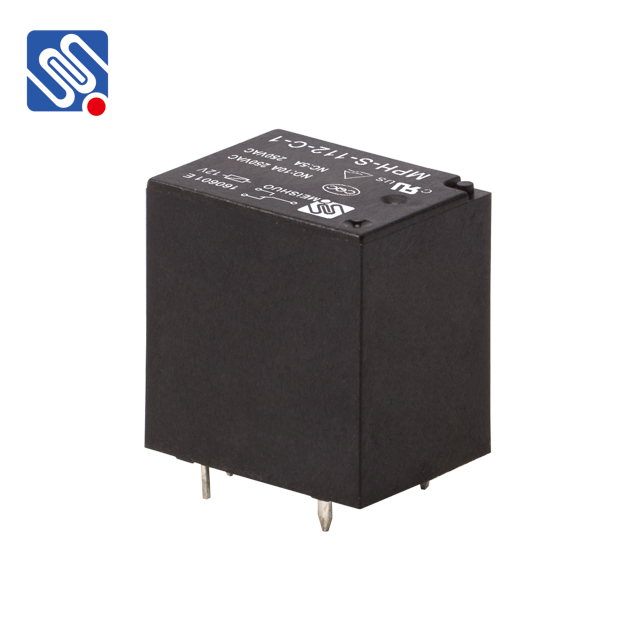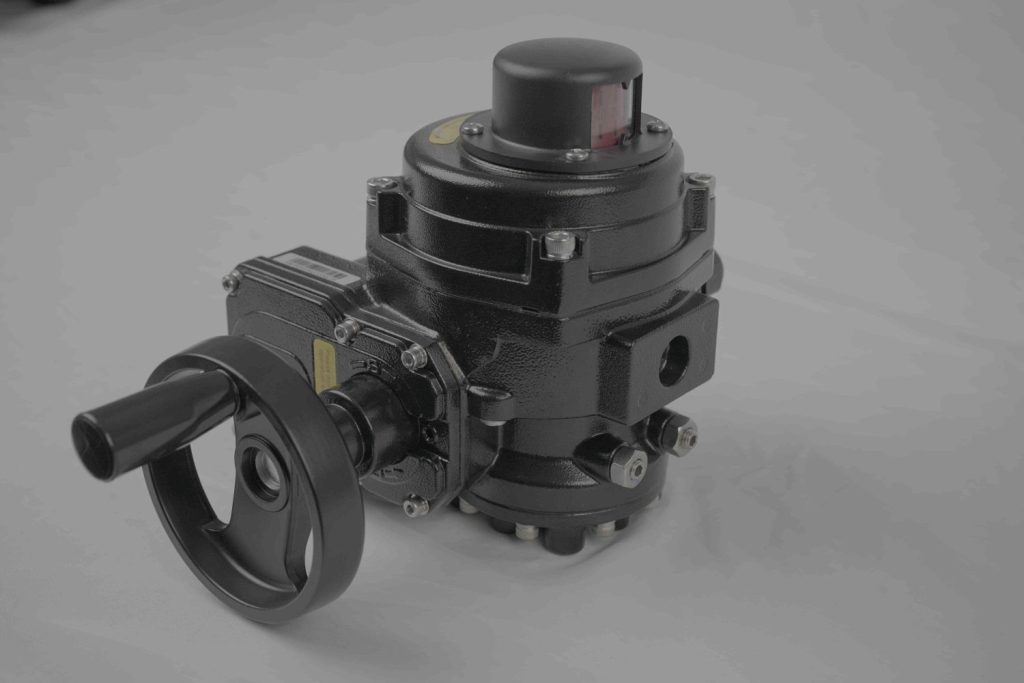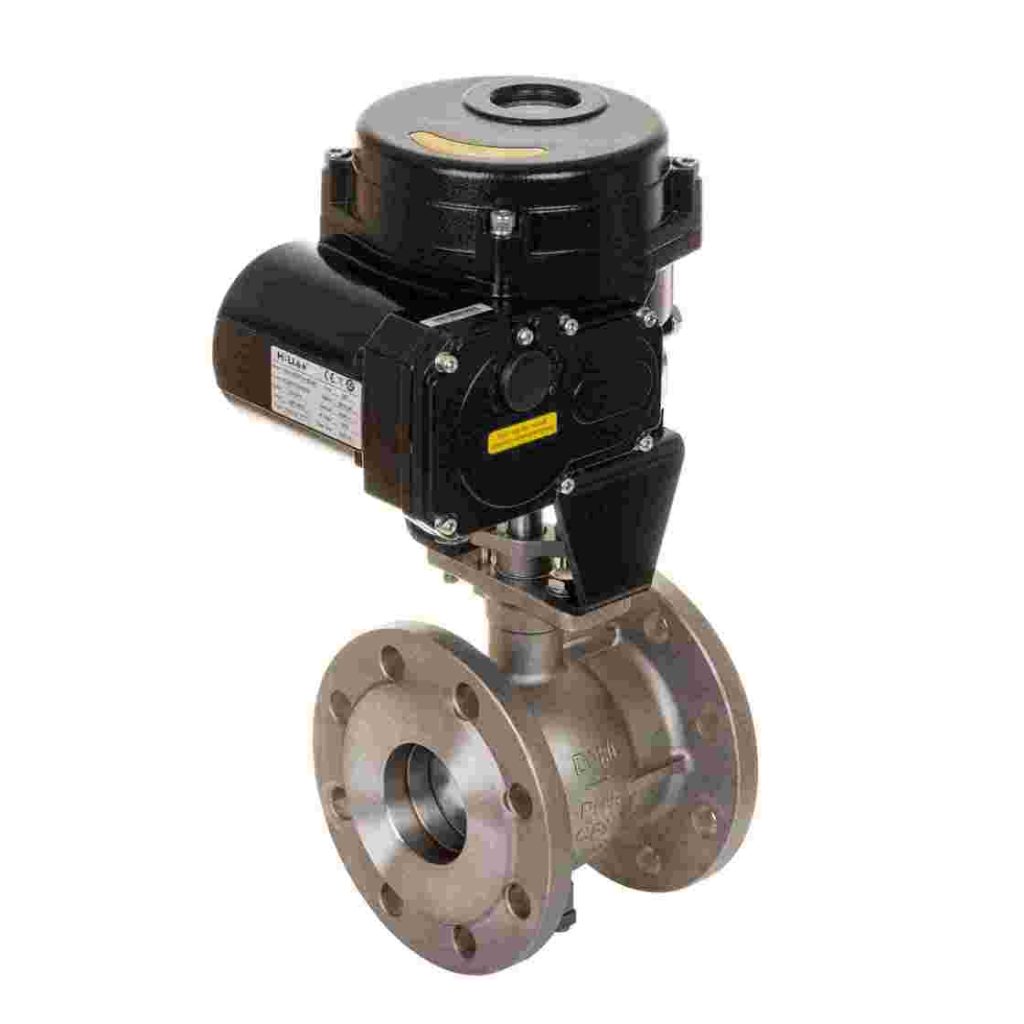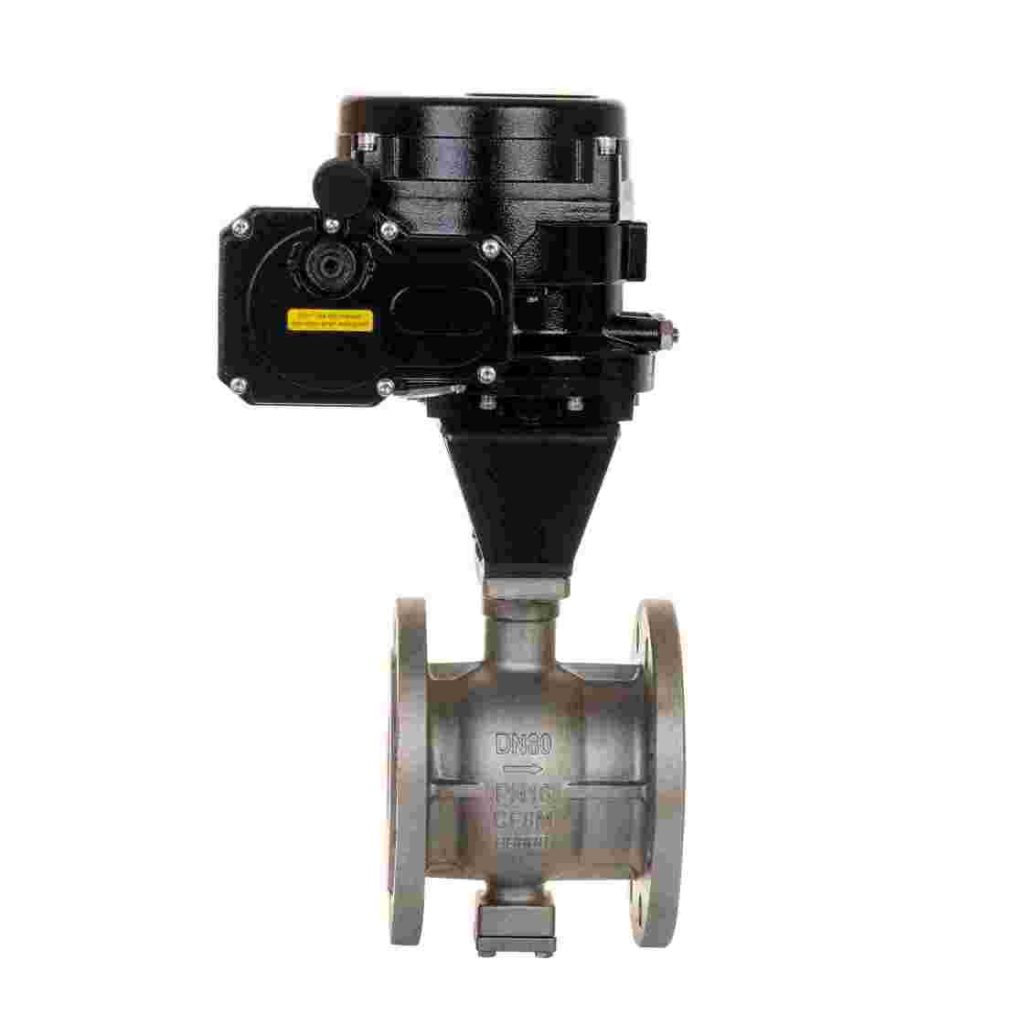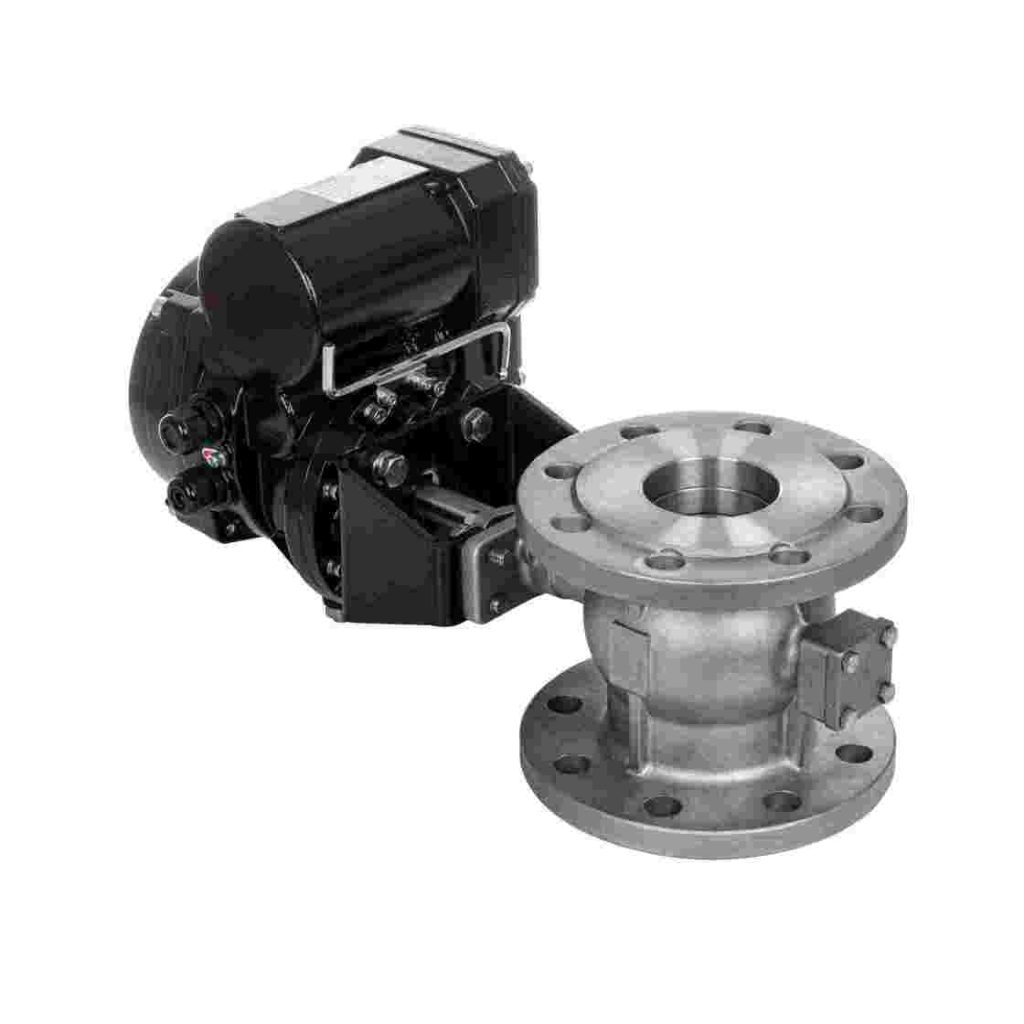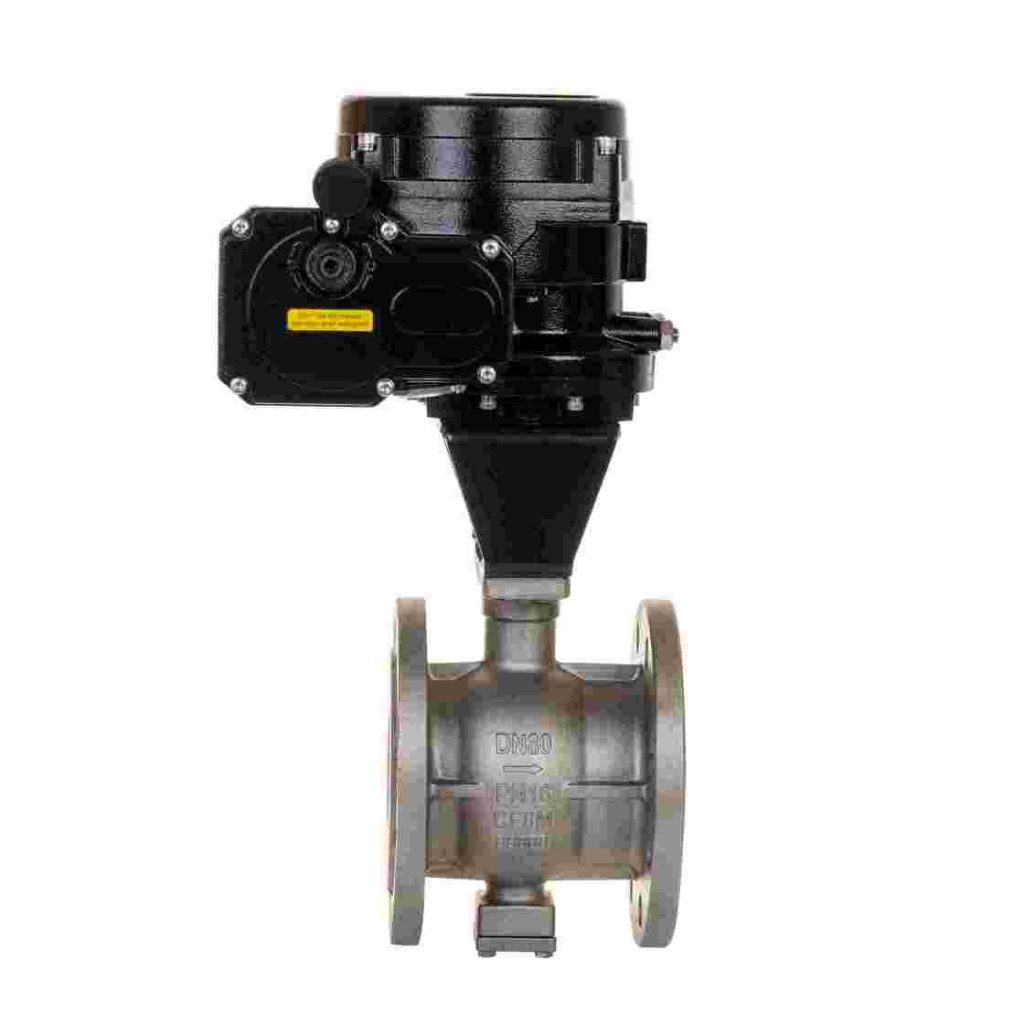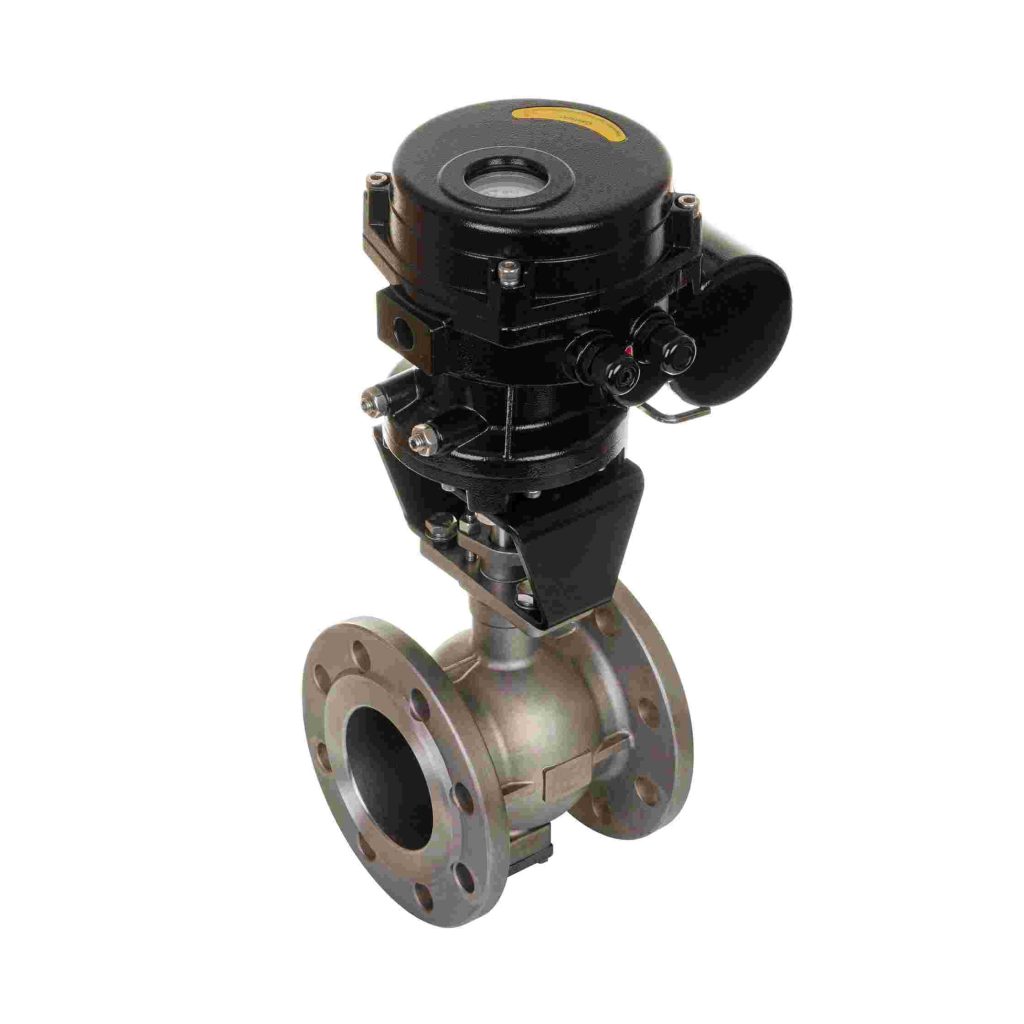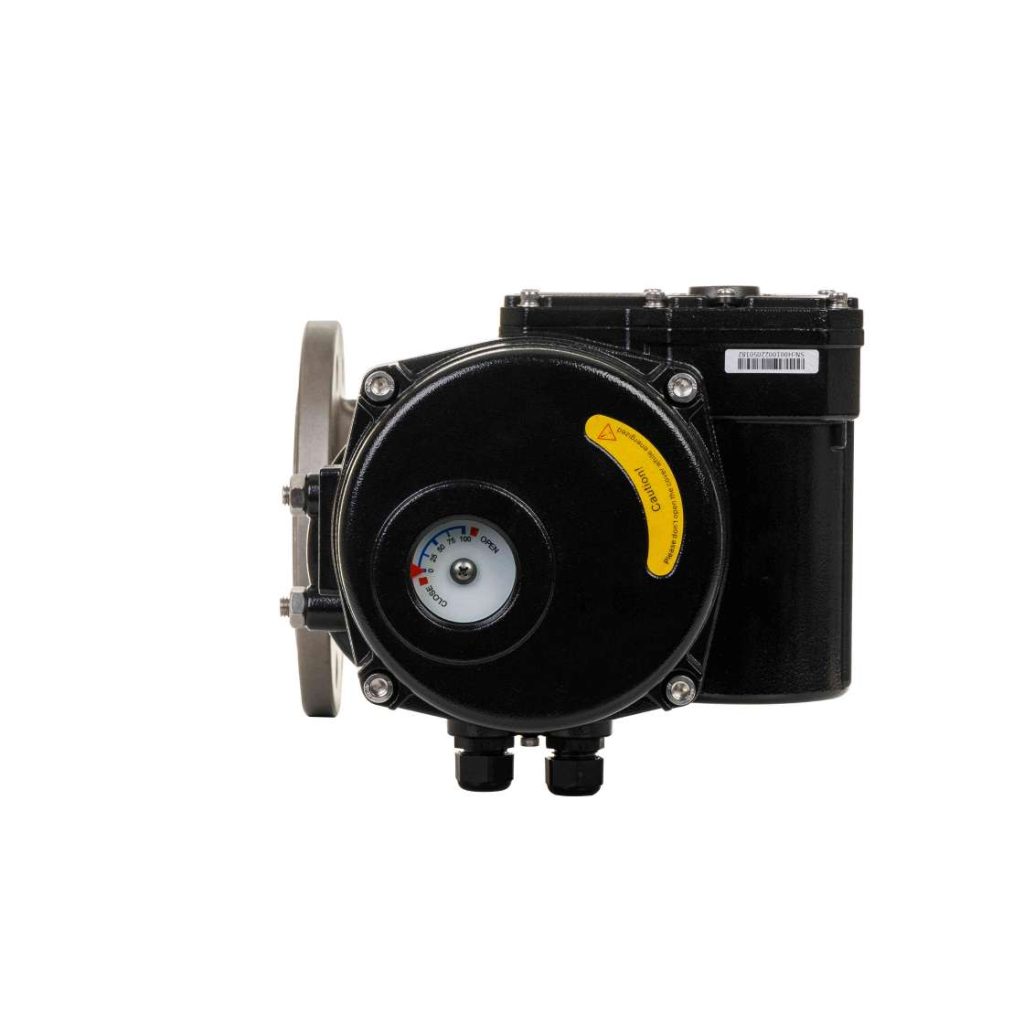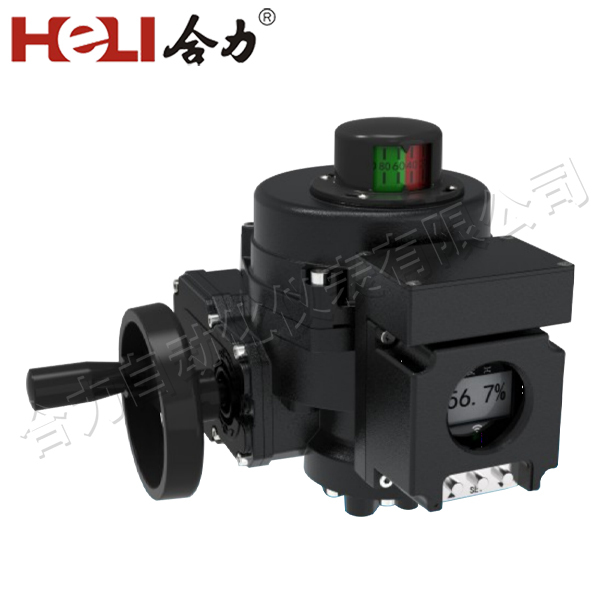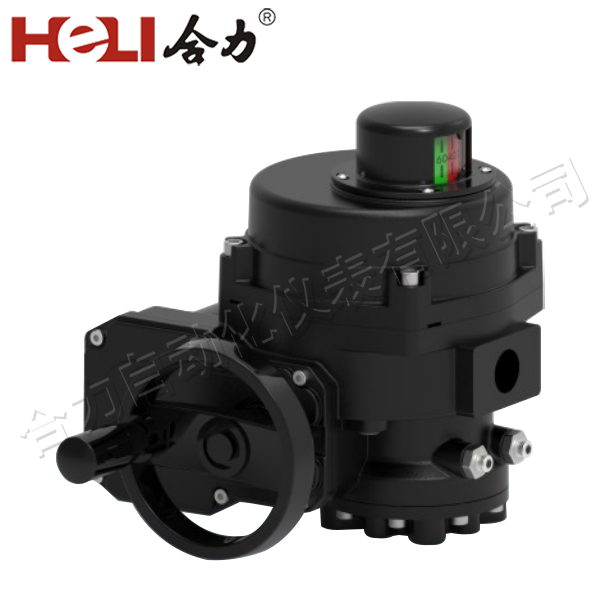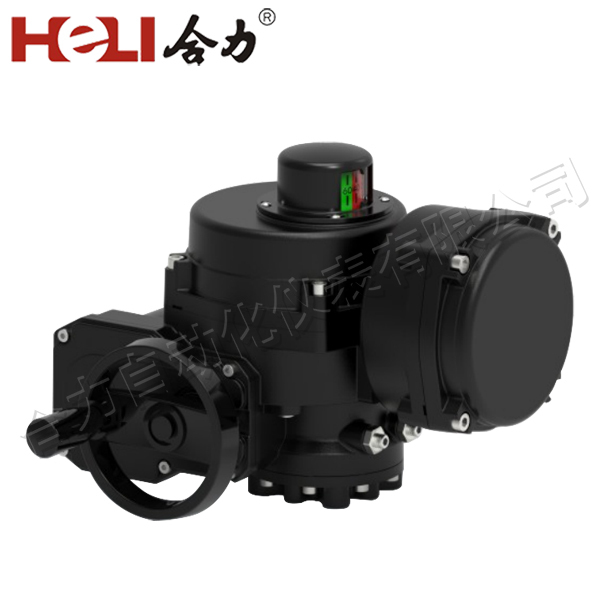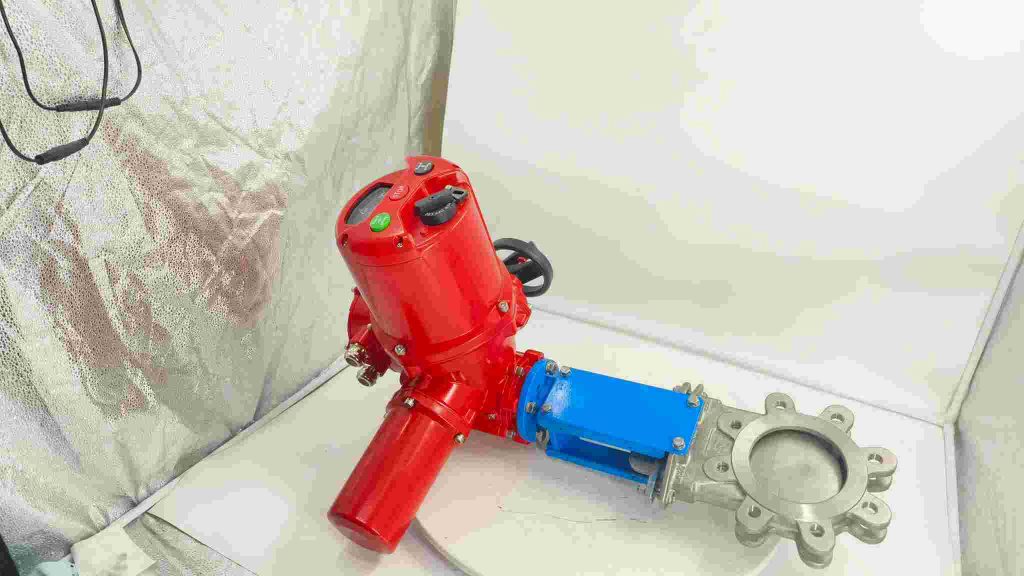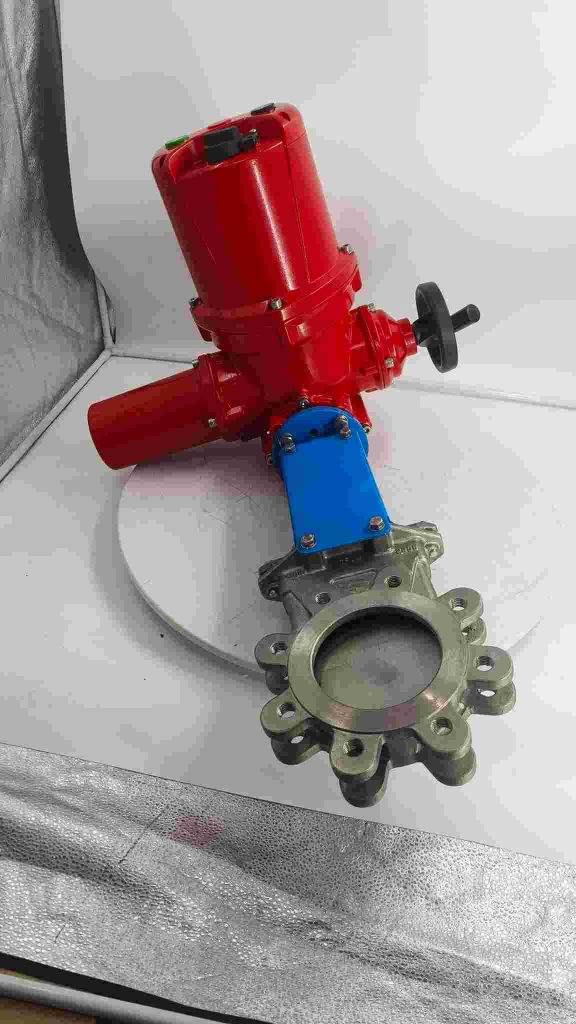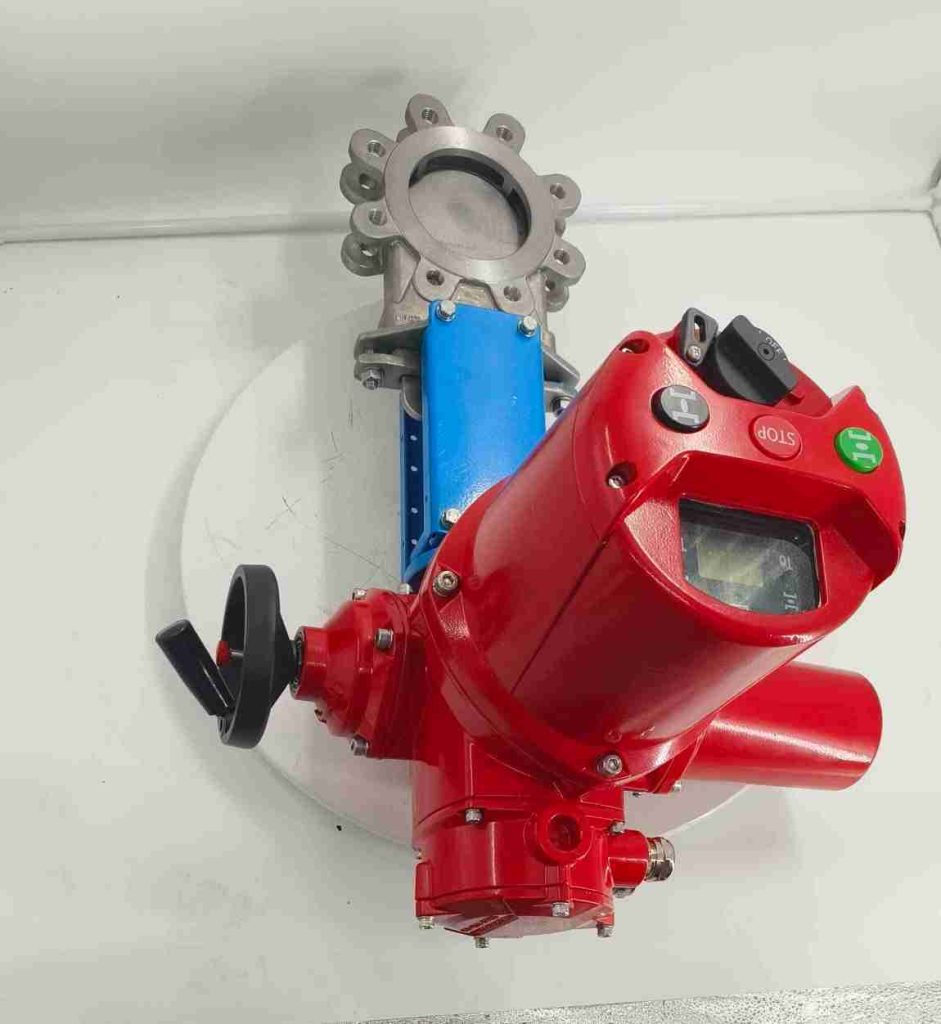A 12V 30A relay is an essential component in various electrical and electronic systems, particularly in applications where high current needs to be controlled or switched on and off with a lower voltage. Relays are electrically operated switches that allow you to control larger currents with a smaller, safer electrical signal. In this article, we will explore the key features, advantages, and typical applications of the 12V 30A relay, making it clear why this component is widely used in automotive, industrial, and home automation systems.
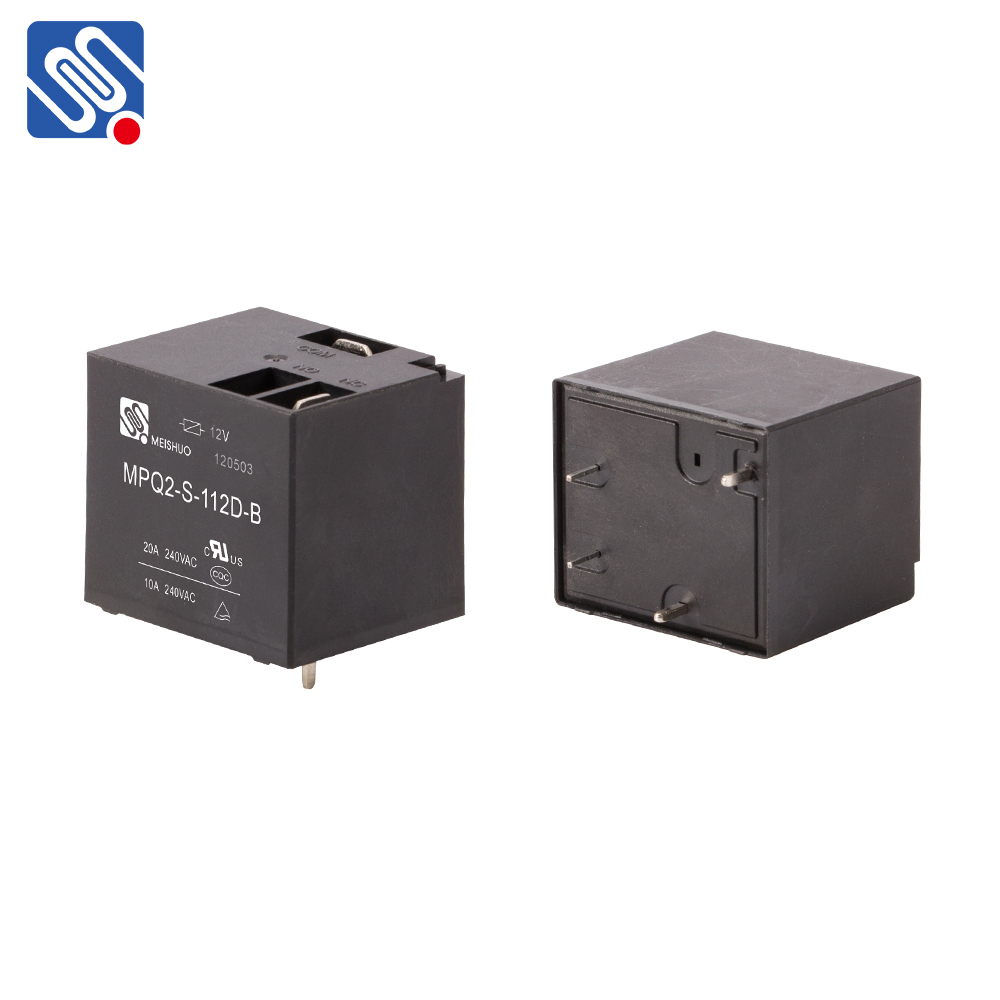
What is a 12V 30A Relay? A 12V 30A relay is a type of electromagnetic switch that uses a 12-volt DC current to control higher current circuits, specifically up to 30 amperes. The term “12V” refers to the voltage required to activate the relay’s coil, while “30A” indicates the maximum current that the relay can safely handle when switching on or off. This relay typically has a set of contacts that either close (to complete the circuit) or open (to break the circuit) when the relay is energized. How Does a 12V 30A Relay Work? The operation of a 12V 30A relay is based on the principle of electromagnetic induction. Inside the relay, there is a coil of wire that generates a magnetic field when a 12V DC voltage is applied to it. This magnetic field activates the armature, which moves to change the state of the contacts—either opening or closing them. This allows the relay to control a much higher current in a separate circuit while being controlled by the relatively low 12V signal.
